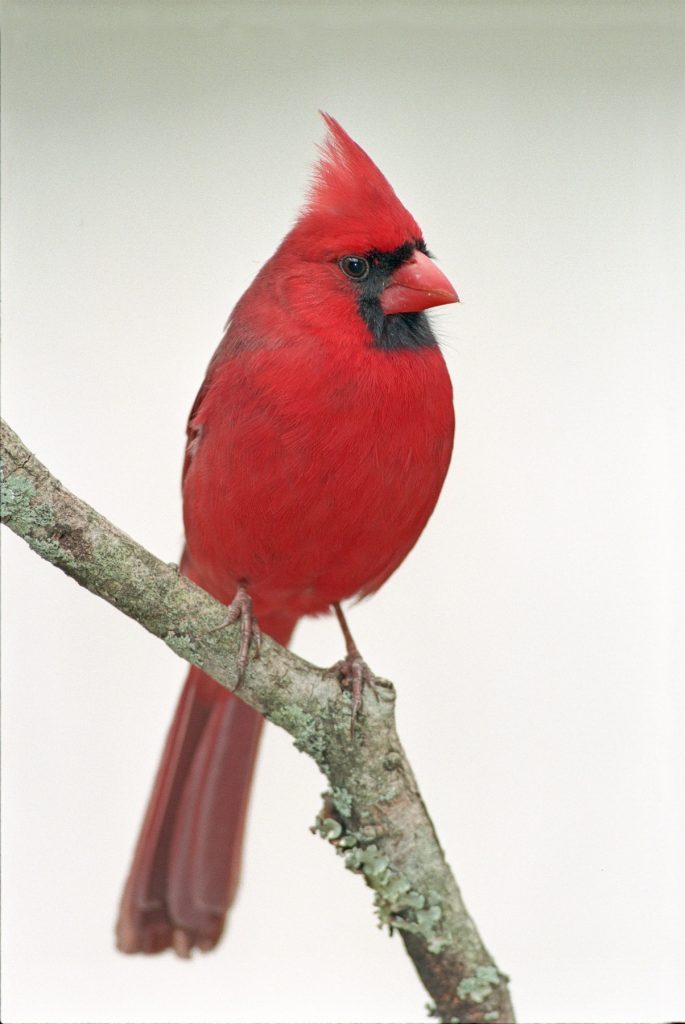The Cornell Lab of Ornithology and National Audubon Society need your help – counting birds on President’s Day weekend, as part of the 22nd Annual Great Backyard Bird Count (GBBC). This annual census of birds has done much to improve our understanding about the status of birds in winter, when the annual movements of birds is at a minimum, allowing Citizen Scientists to take a “snapshot” of all birds everywhere.
The key to the success to this effort has been participation by non-scientists (Citizen Scientists) of all ages, walks of life, and skill levels at watching and identifying birds. The best part about this opportunity is that anyone can participate regardless of how much you think that you know. This is an entry-level gateway to bird and wildlife watching – and recording. Citizen Science efforts like this have long been a staple approach for counting birds. Annual Christmas Bird Counts, conducted by amateur birders, for example, date back 100 plus years. Electronic portals like eBird and iNaturalist have made this process much easier for these dedicated birders and naturalists, but have also opened opportunities for beginners, all the while providing a rich source of data for scientists. Citizen Scientists are now collecting information about all manner of organisms around the world.
More about iNaturalist and its virtues at a later date, but the Great Backyard Bird Count is upon us and you can help.
Visit the GBBC website (https://gbbc.birdcount.org/) for more details, but here are the basics of how you do it. The rules are simple.
The GBBC is conducted over the four days of the President’s weekend (Friday through Monday) – this year’s dates are February 15-19.
• Counts are only allowed on one or more of these dates.
• Any one count can be no shorter than 15 minutes in duration.
• Only one count in any one spot (your yard for example) per day.
• Conduct as many counts per day as you choose, respecting the one count per location rule. And no, you don’t need to be able to identify all the birds you see. In fact, that is the key to being accurate with your count. Your reports to Cornell, though the eBird portal, makes it easy to “tell” them about your level of skill, and what you saw. Many dedicated “reviewers” ensure that the reports that you send in are accurate relative to your ability to recognize common and even rare birds that show up on these counts. So, don’t worry if you are not sure about your identifications, as you should only record the birds that you know. But please do not get upset either if a reviewer rejects your identification, as this is your opportunity to learn more about the birds you see from great birders that love to share what they know.
Get started today by visiting the GBBC website at https://gbbc.birdcount.org/ and registering with eBird to set up your account. If you have any trouble (like this ole fella), find a youngster to help you with the registration AND your counts. The future of the great nature around us is in your hands and the hands of the next generation, so get these youngsters outside – counting birds – using the technology that they know and enjoy well – a combination that we all hope will ensure that we all stay connected with nature and support good stewardship and conservation of our great outdoors.
Photo Credit – Bill Stripling Hope to see you all in our great outdoors!!!




